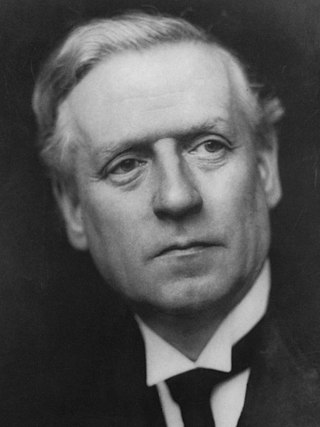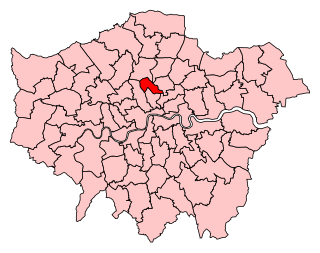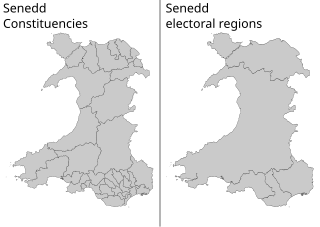Related Research Articles

A parliamentary system, or parliamentary democracy, is a system of democratic government where the head of government derives their democratic legitimacy from their ability to command the support ("confidence") of the legislature, typically a parliament, to which they are accountable.

The December 1910 United Kingdom general election was held from 3 to 19 December. It was the last general election to be held over several days and the last to be held before the First World War.

The Verkhovna Rada of Ukraine is the unicameral parliament of Ukraine.
Frederick Walter Scott Craig was a Scottish psephologist and compiler of the standard reference books covering United Kingdom Parliamentary election results. He originally worked in public relations, compiling election results in his spare time which were published by the Scottish Unionist Party. In the late 1960s he launched his own business as a publisher of reference books, and also compiled various other statistics concerning British politics.

Islington North is a constituency in Greater London established for the 1885 general election. It has been represented in the House of Commons of the UK Parliament since 1983 by Jeremy Corbyn, who was Leader of the Labour Party and Leader of the Opposition from 2015 to 2020. Since 2020, Corbyn has represented the seat as an independent, having been suspended for remarks he made after an investigation of antisemitism in the party. He will contest the seat in the 2024 United Kingdom general election as an independent candidate.

Moldova elects a legislature at national level. The Parliament (Parlamentul) has 101 members, elected for a four-year term by proportional representation with a 6% electoral threshold. The President used to be elected for a four-year term by a constitutional majority of 60% members of the Parliament, but a Constitutional Court's ruling on 4 March 2016, reverted the election method of the President to a two-round system direct election.

Elections in Turkey are held for six functions of government: presidential elections (national), parliamentary elections (national), municipality mayors (local), district mayors (local), provincial or municipal council members (local) and muhtars (local). Apart from elections, referendums are also held occasionally.

Richmond (Yorks) was a constituency in North Yorkshire in the House of Commons of the UK Parliament. It was represented from 1910 to 2024 by members of the Conservative Party. The final MP for Richmond was Rishi Sunak, the Prime Minister and Conservative leader (2022 - 2024).

The Parliament of the United Kingdom currently has 650 parliamentary constituencies across the constituent countries, each electing a single member of parliament (MP) to the House of Commons by the plurality voting system, ordinarily every five years. Voting last took place in all 650 of those constituencies at the United Kingdom general election on 12 December 2019.

The Senedd constituencies and electoral regions are the electoral districts used to elect members of the Senedd to the Senedd, and have been used in some form since the first election of the then National Assembly for Wales in 1999. New boundaries were introduced for the 2007 elections and currently consist of forty constituencies and five regions. The five electoral regions are: Mid and West Wales, North Wales, South Wales Central, South Wales East, and South Wales West, with the forty constituencies listed below. Voting last took place in all districts in the 2021 Senedd election, and is not used for local government.
Richmond (1918–1983) was a parliamentary constituency centred on the town of Richmond. The seat mirrored for its first 47 years a small northern projection of Surrey. For the final 18 years its area, in local government, fell into the new county of Greater London.
References
- F. W. S. Craig, Chronology of British Parliamentary By-elections 1833–1987